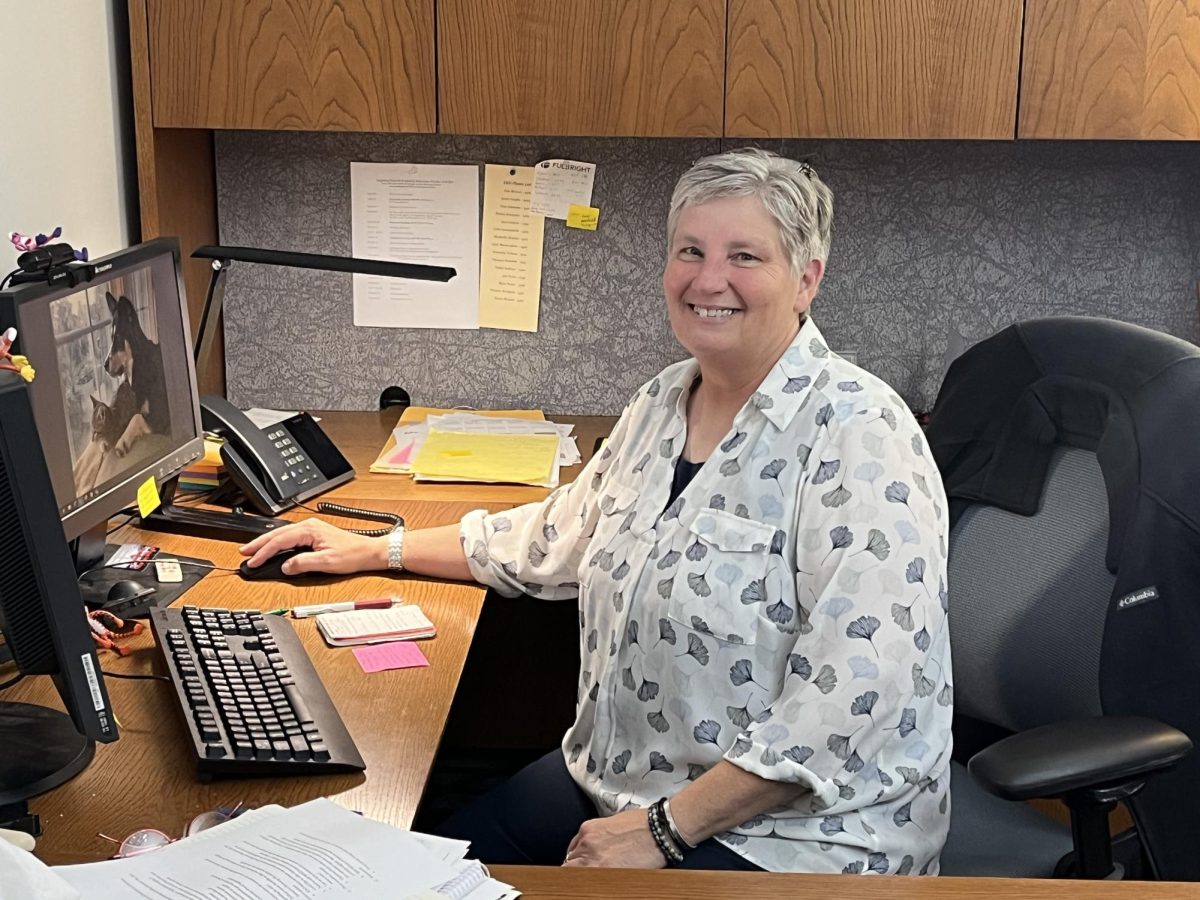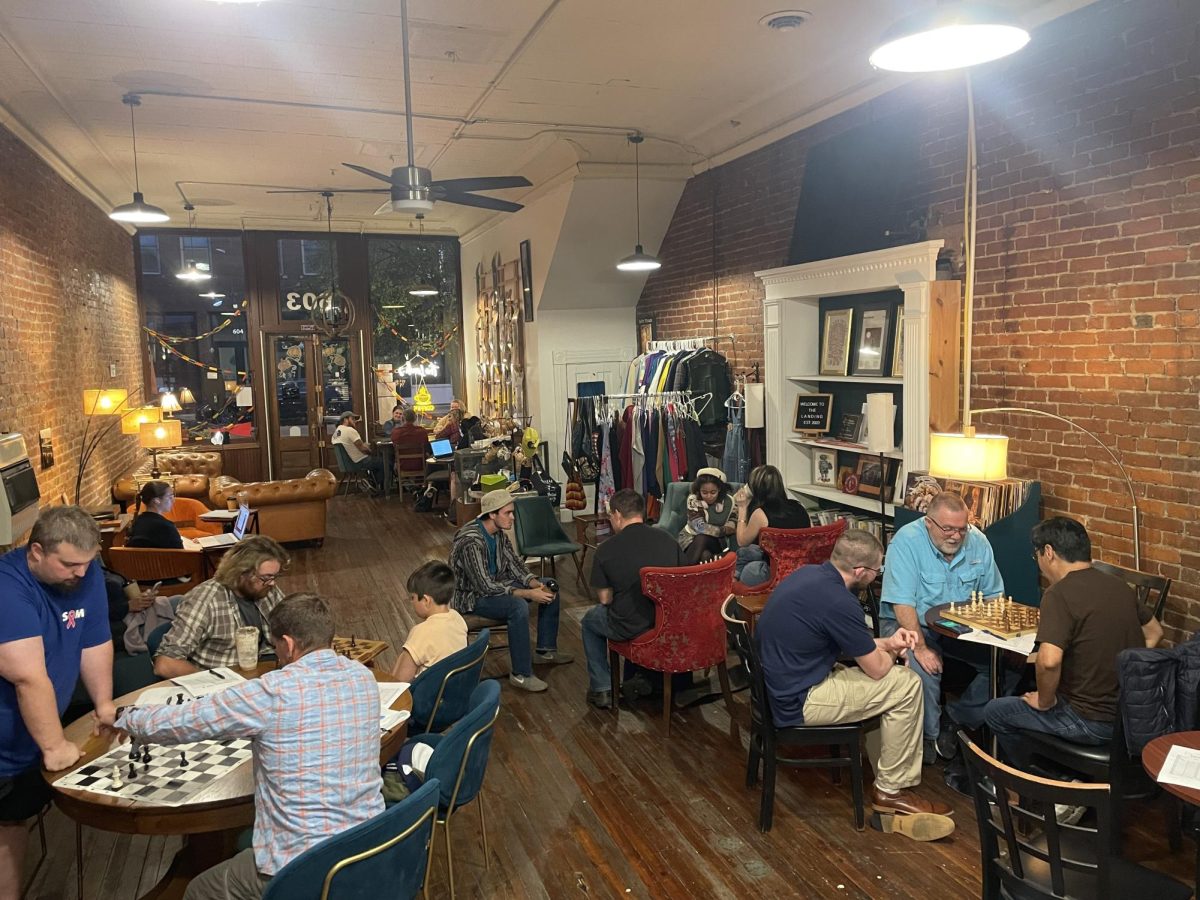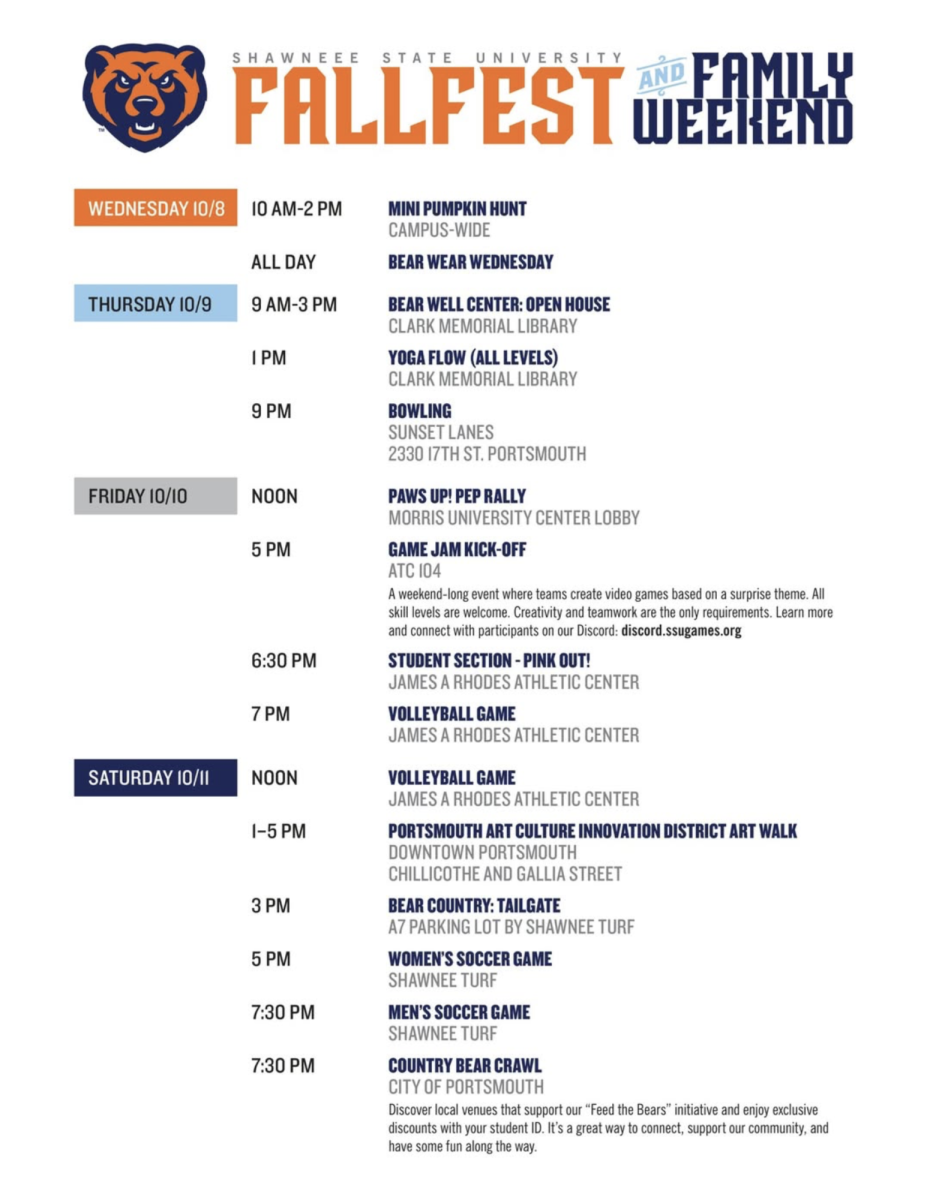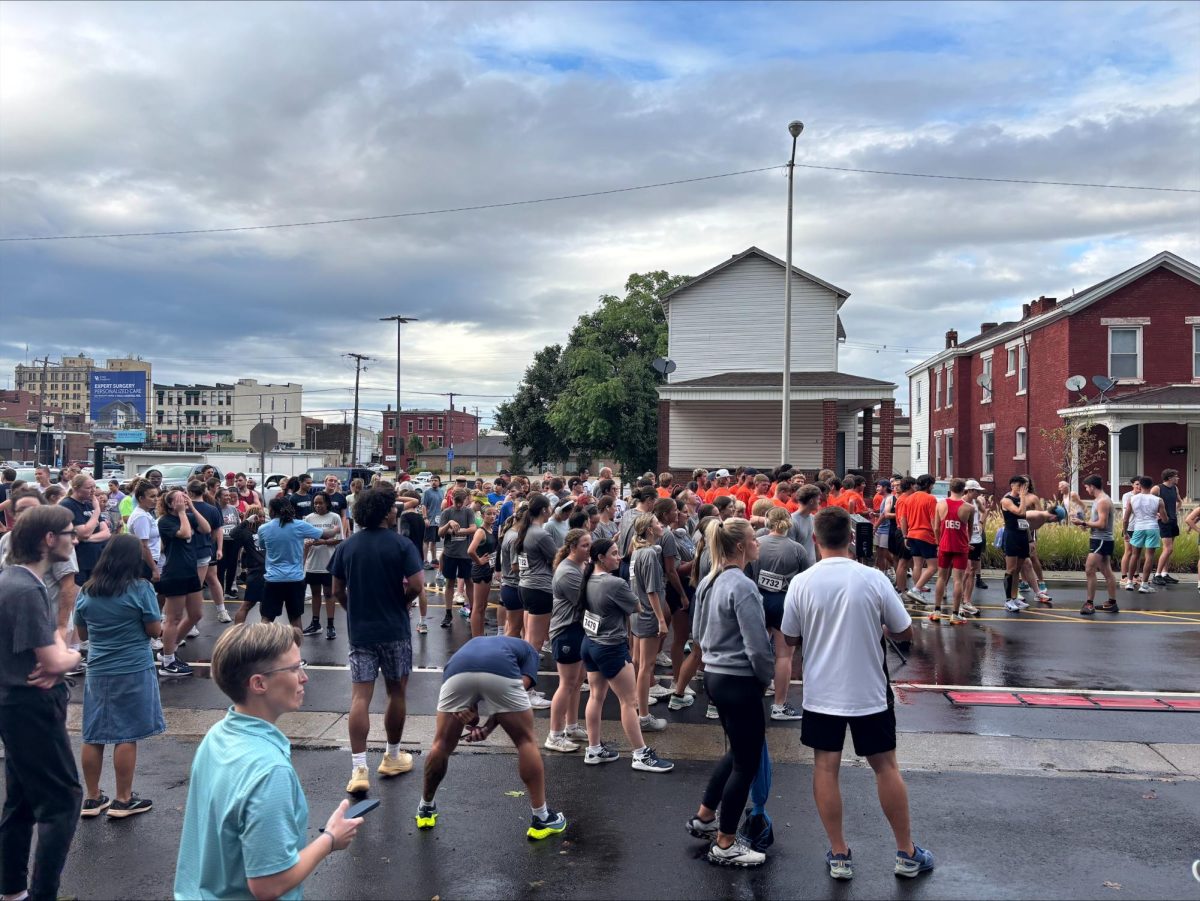You’re traveling through the woods in the dead of night. Not for fun, but necessity. The nearest village is the closest hub for trade, and your family needs food. Perhaps you should have stopped to make camp, but time is ticking and hungry bellies are grumbling.
For some time now, you haven’t been able to shake the uneasy feeling of being watched. Strange noises are not uncommon in the woods, but now everything makes you jump. Was that a twig falling from a tree or a predator lying in wait, breaking branches beneath its heavy footfalls as it stalks you silently in the dark? Are those droplets of dew sparkling beneath moonlight or eyes watching your every move?
Every step you make feels uncertain. Should you keep going or should you make a final stand here and now against those predators in the dark? Your heart begins to race. Your palms are beginning to sweat, you feel clammy, and a quiver quakes throughout your entire body.
These are the symptoms of a brain that has entered fight-or-flight mode. Whether or not we face an actual threat to our safety, our brains are always at the ready to prepare us for potential danger.
For the most part, the average person doesn’t have that experience of feeling threatened in the wild anymore, but we can have quite the visceral reaction to being watched, nevertheless. A more appropriate example of the average person today encountering fight-or-flight may occur in situations when we know, beyond a shadow of a doubt, there is no threat to our physical safety: situations such as addressing a room full of people, eyes peering up at you expectantly.
We know our prospective audience members mean us no harm, yet our bodies exhibit symptoms that mimic the physiological response we have during a fight-or-flight situation. Sweaty palms, trembling limbs and stuttering over our words are just the tip of the iceberg when it comes to the inconvenience we may experience as public speakers. If you experience this phenomenon in extremes, it can be referred to as glossophobia, or less formally referred to as stage fright, and we may have our hunter-gatherer ancestors to thank for that.
Evolutionary psychologists, who study the way evolutionary biology has affected the human mind, suggest the cause of stage fright dates back to when our ancestors were hunter-gatherers who survived in numbers. They faced predatory threats from big carnivores regularly enough that they had to be prepared to either fight or flee at any given moment, such as feeling a bunch of potentially predatory eyes on you in the dark.
Humans don’t have to worry about such predators anymore, but the feeling of threat remains all the same. It has simply evolved over time. Perhaps now our fear is founded in judgment from our peers, rather than the expectation of physical harm. Judgment, after all, can lead to expulsion from the social groups and communities we rely upon in our personal and professional lives. If, for example, you have to give a speech to a room full of people and you think you have failed to impress them, you may begin to fear ostracism from a group of your peers.
Kipling Williams, a professor emeritus of psychology at Purdue University, studies ostracism, which is the exclusion of a person from a society or group. He co-wrote an article published in 2011 in Current Directions in Psychological Science called “Ostracism: Consequences and Coping” that discusses the effects of ostracism on the average person. Within it, he and co-author Steve Nida wrote, “Although it is cliché to say that humans are social animals, it is nonetheless true. Nothing threatens this fundamental aspect of our being more than being excluded and ignored by others.”
The article even states that feeling excluded from a group can produce pain that will register on neuroimaging and suggests that the need to belong is a basic necessity of being human. Therefore, it stands to reason that our quivering limbs and stuttering words could ultimately be caused by the fear of ostracism.
Even if you’re not consciously aware of that threat to your livelihood as you stand before a person or persons designated to judge your performance, your brain and your body certainly are. We can’t always control when we experience the phenomena that is stage fright, but no matter where its roots lie, we’ve not been rendered completely helpless.
I sat down recently with Ann Linden, associate professor and chair of Shawnee State University’s English and humanities department, who began her journey in public speaking as a graduate student. As a public speaking instructor, she claims a “perfect record — no one has fainted, no one has thrown up,” so I was eager to discuss the seemingly inescapable fear of public speaking, something that the majority of students and even people outside the university experience. She said she has seen people go from almost crying when asked to introduce themselves to being very capable public speakers, and she provided an incredible amount of insight that could only come from a seasoned professional.
“According to studies, people dread giving a eulogy more than their own deaths,” she said. Indeed, the fear of public speaking is extremely common and frequently comes up in polls of our greatest fears as they’ve been conducted over the years. A study in 1973 found that the fear of public speaking rivaled its participants’ fear of death. A separate study conducted in Britain in 2014 found that the fear of public speaking ranked third-highest amongst its 2,000 participants, outnumbered only by the fear of heights and snakes. Despite four decades between the studies, the fear of public speaking continued to make the cut.
For those who do experience stage fright, Linden advised, “Please do not equate being nervous to being a bad public speaker. You can be anxious or nervous and still do brilliantly. You learn to harness the nerves to use them for good. Adrenaline can help your energy or engagement with the audience.” If you train yourself to think of your nervousness as excitement, you’ll begin to disassociate negative feeling with addressing an audience.
Going into public speaking, a lot of students may be under the impression that the course is unnecessary for their degree, but, according to Linden, this could not be further from the truth. She gave nursing, as an example, a career path where one may expect to train staff on a new medicine, policy or tech.
Linden elaborated on the prevalence of public speaking, saying, “The chances that you will need public speaking skills in your day-to-day life outside of the university are far greater than that you won’t.” She also provided further examples, such as presenting a sales pitch to another organization and addressing your city council or local school board, where one may hope to incite positive change in their community.
Linden adamantly denied that a fear of public speaking would prevent people from developing associated skills.
“Public speaking may never be your favorite activity, but you can still harness those nerves and become a very solid public speaker,” she said. She suggested that the best way to grow your public speaking skill is to remain engaged with the activity and actually get experience under your belt. You can take a class where you will learn skills to feel more confident and comfortable, like practicing and learning how to breathe in a calm and collected manner throughout your presentation, or join a community group for public speaking, like Toastmasters. Of course, at the end of the day, you have to dive in and do it.
If we must, we must, so I asked Linden how we may get a better grip on our stage fright during a presentation, and she remarked that in her observations most people experience the worst nerves in the beginning of their presentations, with only one of her previous students exhibiting more nervousness at another point in their speech. As such, she encourages her students to become very comfortable with their introductions. “If you can feel confident about the introduction, you can get through that stage where your nerves are hardest to harness, and then you can focus on your message,” which is easier to do once you get through the initial burst of adrenaline and nervousness.
Taking a pause to turn a page or collect yourself following a mistake tends to make people very nervous, as they convince themselves the audience will perceive them negatively, but our typical “gaffes” are actually far less impactful than we tend to believe. When asked about how forgiving we may expect the audience members to be after these perceived mistakes, Linden responded, “It’s not forgiveness. Audiences don’t even mark something like that. For the speaker, it almost always seems worse than it actually is.”
Even if you do experience a blunder, so has everyone else at some point in their lives. Forgiveness is not even necessary. Linden shared a supremely appropriate anecdote, where one student ran out of the room midway through her speech because she convinced herself she was failing, when in reality she appeared to be doing quite well to the audience.
Linden also strongly recommends that we not expect perfection in ourselves. Even the best speeches are not perfect.
“It is a tiny minority of people, who even are public faces, that do not experience being nervous in front of a crowd,” she said. “Martin Luther King Jr.’s ‘I Have a Dream’ is my go-to example because it’s frequently considered to be the best speech of the 20th century in the English language. When you watch the whole thing, there are all kinds of flubs, and it doesn’t matter. It’s a brilliant speech. It’s incredibly powerful and did exactly what it needed to do — but it’s not perfect.”
Even such an influential figure in public speaking experienced the occasional misstep when addressing his nationwide audiences. Linden really wants students to know that making a mistake, or even a series of them, does not mean you should be ready to throw in the towel.
“If you have a strong message, if you’ve done your homework, if you are well-prepared, it’s not going to matter if you drop a page, lose a line, take a pause, or flub a word,” she said. “We’re with you.”
The next time you feel the oncoming symptoms of stage fright creeping into your brain and body, whether it’s because you’re giving a presentation before your classmates or heading up a training session at your place of employment, know you’re not alone. Since the dawn of human civilization, we have had to worry about impressing our fellow man. If you feel nervous or afraid, all it means is that you’re simply very human.













